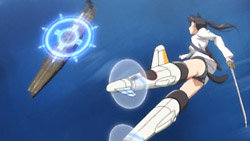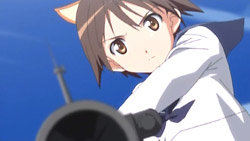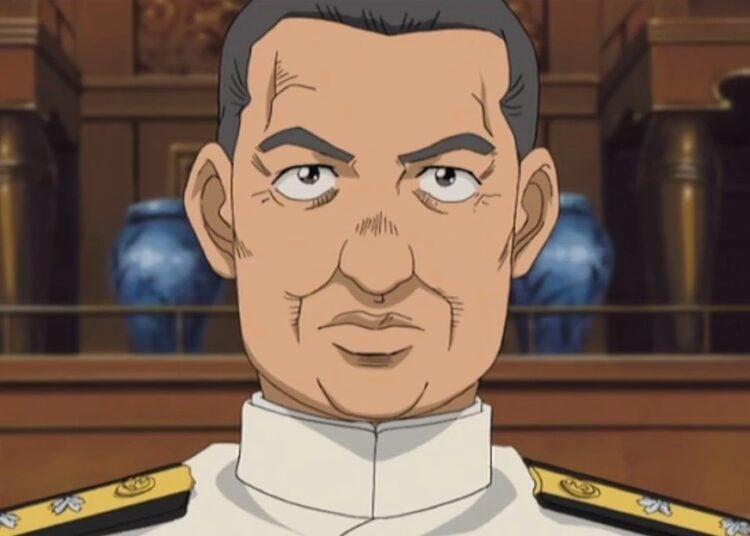I’ve written before about my wife’s uncle, the World War II veteran who loves me since I’m the only one in the family who listens intently to his old war stories — everyone else has heard them so many times they just tune out when he starts talking. I went to visit him again the other day and I took my son since I want to expose him to that bygone era of history while there’s still time to talk with those who took part in it. We didn’t know what room he was in, so I called my wife to ask what his name was. (An odd phenomenon of speaking Japanese: since you have so many ways of referring to a person with labels such as ojisan “uncle” or sensei “teacher,” it’s not uncommon to not be sure of the name of a person you’ve known for years.) Since he was born in the 1920s, his name sounded odd to my ear — it was Kumakichi Kurihara — but I didn’t have any problem remembering it, since I knew the kanji the name was written with: “Oh, a lucky bear in a field of chestnuts, got it.” (The kanji are kuma “bear” + kichi “good luck” for his given name and kuri “chestnut” + hara “field” for his family name.) We had a nice chat, with my son asking many questions about what it was like during the war, and me trying to keep mental images of Strike Witches (the anime about magical girls fighting in an alternate universe that’s similar to World War II) from invading his narrative.


















